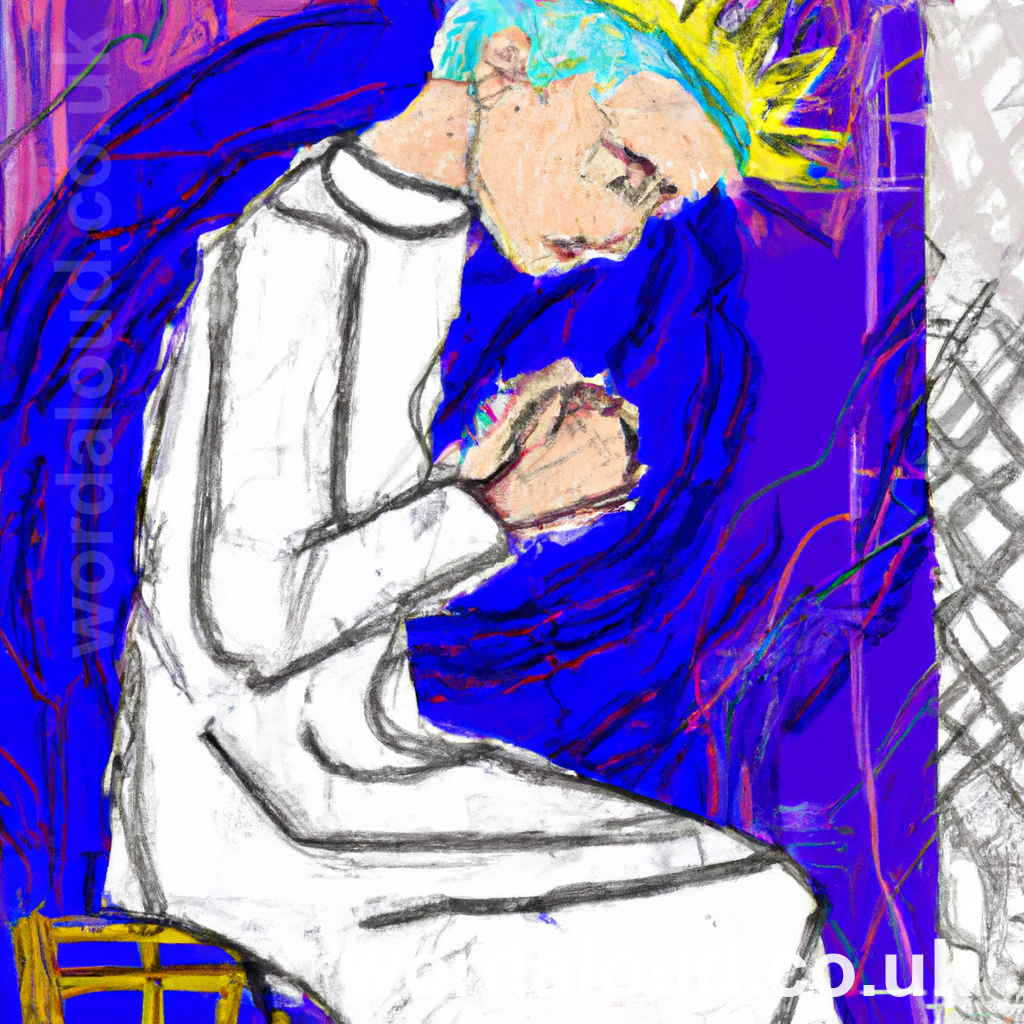To know about sin, and especially as we confess our sins, listen to what Jesus had to say about and to the woman taken in adultery..
Let the one without sin cast the first stone..
![]()
I confess to almighty God
and to you, my brothers and sisters,
that I have greatly sinned
in my thoughts and in my words,
in what I have done,
and in what I have failed to do;
through my fault, through my fault,
through my most grievous fault;
therefore I ask blessed Mary ever-Virgin,
all the Angels and Saints,
and you, my brothers and sisters,
to pray for me to the Lord our God.
What Is Sin?
Sin is an action or thought that goes against the will of God. It is believed that all people are born with a predisposition to sin, and that everyone is capable of committing sin. Sin is often seen as a barrier between people and God, and it is thought to be the cause of many of the problems and difficulties that people experience in their lives. Some common examples of sin in Christianity include things like lying, stealing, murder, and adultery. Ultimately, sin is seen as a form of rebellion against God, and it is thought to be something that can only be forgiven through mercy – a free and unlimited gift of God.
In Catholicism, sin is an offense against God that can take the form of a thought, a word, or an action. It is considered to be a serious problem that affects all aspects of a person’s life and can only be forgiven through the sacrifice of Jesus Christ. Sin is seen as a rebellion against God’s will and a violation of his law. It is believed that all people are born with a predisposition to sin and that everyone is capable of committing sin. The seven deadly sins, which are particularly serious and harmful forms of sin, are pride, greed, envy, wrath, lust, gluttony, and sloth.
Examples Of The Deadly Sins In Everyday Life
The seven deadly sins, also known as the capital vices or cardinal sins, are considered to be particularly serious and harmful forms of sin in Catholicism. These sins are pride, greed, envy, wrath, lust, gluttony, and sloth. Here are some examples of how these sins might manifest in everyday life:
Pride: Feeling excessively proud of one’s achievements, possessions, or abilities, and looking down on others who do not have the same things.
Greed: Having an insatiable desire for wealth, power, or material possessions, and being willing to do whatever it takes to acquire them.
Envy: Feeling jealous or resentful of other people who have things that you do not have, and wanting to take those things away from them.
Wrath: Feeling intense anger or hatred towards other people, and reacting with violence or aggression.
Lust: Feeling an excessive desire for sexual pleasure, and engaging in behavior that is promiscuous or immoral.
Gluttony: Having an excessive desire for food or drink, and indulging in excessive consumption to the point of waste or harm.
Sloth: Lacking motivation or discipline, and failing to do things that are important or necessary.
Examples Of Sin In The Old Testament:
In the story of Adam and Eve in the Book Of Genesis, Adam and Eve are tempted by the serpent to eat the forbidden fruit from the Tree of Knowledge. This act of disobedience to God’s command is considered a sin.
In the Ten Commandments, which are given to Moses in the Book Of Exodus, several sins are mentioned, including idolatry, adultery, murder, and theft.
In the Book Of Leviticus, the Israelites are given a series of laws and commandments to follow, and violations of these laws are considered sins. For example, the Israelites are told not to eat certain foods, and those who do are considered to be sinning.
In the Book Of Proverbs, the writer warns against various sins, such as pride, jealousy, and greed.
In the Book Of Psalms, the writers often express their regret for their sins and ask for God’s forgiveness.
Sin In Books Of Judges And Kings
The Books Of Judges and Kings are part of the Old Testament of the Bible. In these books, sin is often associated with disobedience to God’s laws and commandments. In the Book Of Judges, for example, the Israelites repeatedly turn away from God and worship other gods, which is considered a sin. As a result, God allows their enemies to defeat them in battle. In the Book Of Kings, the kings of Israel and Judah are judged by whether they follow God’s laws or not. Those who do not follow God’s laws are considered to be sinning, and they are often punished by God.
In the Book Of Judges, the Israelites are repeatedly tempted to worship other gods, and many of them give in to this temptation. This act of idolatry is considered a sin, and it leads to the Israelites being defeated by their enemies.
In the Book Of Kings, King Solomon is initially considered to be a good king because he follows God’s laws and builds the temple in Jerusalem. However, later in his reign, he falls into the sin of idolatry and builds altars to other gods. As a result, God punishes him by tearing the kingdom apart after his death.
In the Book Of Kings, King Ahab is condemned by the prophet Elijah for his sin of idolatry. Ahab has married a foreign princess and has allowed her to worship her own gods, which goes against God’s laws. As a punishment, God sends a drought to the land.
In the Book Of Kings, King Josiah is praised for his righteousness and his efforts to rid the kingdom of idolatry. He destroys the altars and idols that have been set up in the land and re-establishes worship of God in the temple. As a reward, God promises to bless the kingdom during his reign.
King Solomon’s Sin
King Solomon was the son of King David and the third king of Israel. He is best known for his wisdom and for building the temple in Jerusalem. Initially, Solomon was considered to be a good and wise king because he followed God’s laws and sought to serve Him. However, later in his reign, he fell into the sin of idolatry and began to worship other gods. This act of disobedience to God’s commandments is considered a sin in the Old Testament.
The story of King Solomon’s fall into sin is found in the Book Of Kings in the Old Testament of the Bible. In 1 Kings 11:1-13, it is written that Solomon “loved many foreign women, along with the daughter of Pharaoh: Moabite, Ammonite, Edomite, Sidonian, and Hittite women, from the nations concerning which the Lord had said to the people of Israel, ‘You shall not enter into marriage with them, neither shall they with you, for surely they will turn away your heart after their gods.'” Because of his marriages to these foreign women, Solomon is led into idolatry and begins to worship their gods. As a punishment, God tears the kingdom apart after Solomon’s death and gives it to his servant.
David’s Sin
King David was the second king of Israel and is considered to be a great hero in the Old Testament. He is known for his military victories and for bringing the Ark of the Covenant to Jerusalem. However, he also committed a number of sins during his lifetime.
One of the most well-known sins of King David is his adultery with Bathsheba, the wife of one of his soldiers. This is described in the Book Of 2 Samuel 11. After seeing Bathsheba bathing on the roof of her house, David has her brought to him and sleeps with her. Later, when she becomes pregnant, he tries to cover up his sin by arranging for her husband to be killed in battle. This act of adultery and murder is considered a great sin in the Old Testament.
Did Saul Sin?
Saul was the first king of Israel and is mentioned in the Old Testament of the Bible. While he is not mentioned as committing any specific sins, he is criticized by the prophet Samuel for not following God’s commands. In 1 Samuel 15:10-11, it is written that “the word of the Lord came to Samuel: ‘I regret that I have made Saul king, for he has turned away from me and has not carried out my instructions.'” This suggests that Saul did not always follow God’s laws, which would be considered a sin in the Old Testament.
What Does Jesus Have To Teach Us About Sin?
In the New Testament, Jesus teaches that sin is the breaking of God’s laws and commandments. He also teaches that all people are sinners, and that the only way to be forgiven for our sins is through faith in Him and His sacrifice on the cross. In Matthew 5:17-20, Jesus says, “Do not think that I have come to abolish the Law or the Prophets; I have not come to abolish them but to fulfill them. For truly I tell you, until heaven and earth disappear, not the smallest letter, not the least stroke of a pen, will by any means disappear from the Law until everything is accomplished. Therefore anyone who sets aside one of the least of these commands and teaches others accordingly will be called least in the kingdom of heaven, but whoever practices and teaches these commands will be called great in the kingdom of heaven.”
What Is The Story Of The Woman Taken In Adultery?
The story of the woman taken in adultery is found in the New Testament, in the Book Of John 8:1-11. In this story, a group of religious leaders bring a woman who has been caught in the act of adultery to Jesus. They tell Jesus that according to the law of Moses, she should be stoned to death.
Jesus responds by saying, “Let any one of you who is without sin be the first to throw a stone at her.” The religious leaders, realizing that they are all sinners themselves, slowly begin to leave. Finally, only Jesus and the woman are left. Jesus then says to the woman, “Neither do I condemn you. Go now and leave your life of sin.”
This story is often seen as an example of Jesus’ mercy and compassion, and of His willingness to forgive even the greatest of sins. It also teaches that all people are sinners and in need of God’s forgiveness.
A Prayer In Relation To Sin And The Gospel | A Healing | Pray:
Dear God,
Thank you for the story of the woman taken in adultery, and for the lesson it teaches us about your mercy and compassion. Help us to remember that we are all sinners in need of your forgiveness. Guide us to confess our sins and turn away from our wrongdoing. And grant us the grace to extend forgiveness and compassion to others, just as you have shown it to us.
In Jesus’ name we pray, Amen








